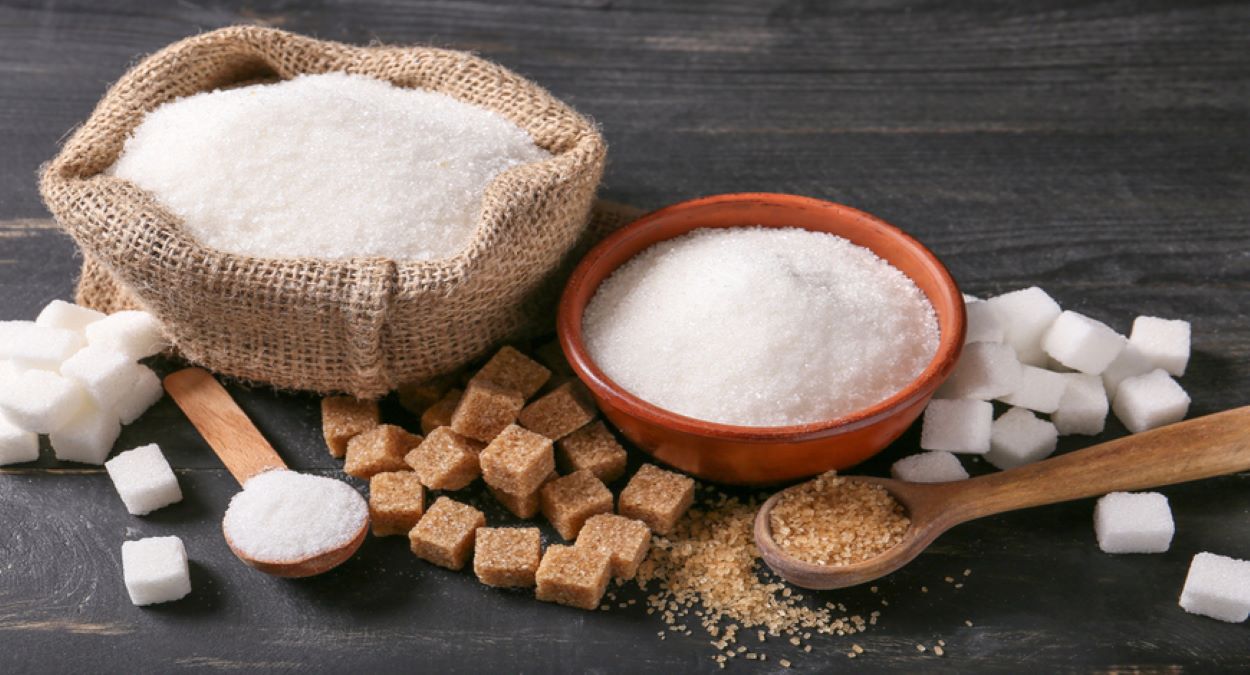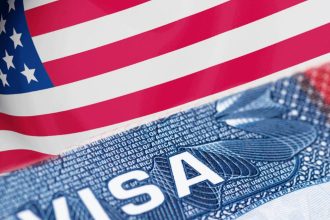In July 2025, the sugar crisis in Pakistan worsened, with widespread shortages reported in Rawalpindi, Islamabad, and nearby areas. Market representatives cited depleted stocks and halted supplies as key factors, resulting in retail prices rising to Rs190-200 per kilogram.
The federal government faces criticism for tax exemptions on imports, drawing warnings from the IMF that could jeopardise the $7 billion loan program. Despite plans for 500,000 tonnes of imports, concerns persist over industrial misuse and enforcement issues.
Mill owners blame empty inventories and disrupted supply chains for the crisis. Wholesale dealers halted supplies in protest against new regulations, exacerbating the issue in Rawalpindi and Islamabad. Shortages have extended to Attock, Chakwal, and Talagang, causing distress to consumers.
Global factors and domestic hoarding contribute. Retail prices hit Rs200 per kg, far above the ex-mill rate of Rs140-150. Wholesale bags reached Rs 9,300 for 50 kg.
Read: Pakistan Sets New Sugar Price for Sales Tax, Boosting Revenue by Rs90 Billion
The International Monetary Fund (IMF) opposes tax exemptions and subsidies on imported sugar, citing concerns about maintaining fiscal discipline. Currently, imported sugar is priced at Rs 249 per kilogram, with a proposed subsidy of Rs 55. The IMF argues that much of this subsidy will benefit industries rather than households, which could jeopardise the $7 billion loan. To stabilise prices, the government has approved the import of up to 500,000 tonnes of sugar.
The district administration launched crackdowns, imposing fines on hoarders. 0 8 The central traders’ association called an emergency meeting. Prime Minister Shehbaz Sharif ordered action against artificial shortages during Ramadan earlier this year.






